Govt committed to Iran gas deal: PM
Islamabad intends to give direct subsidy in gas through BISP.
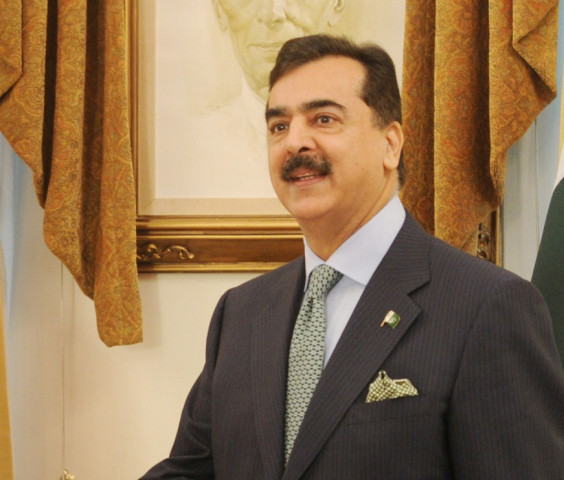
Prime Minister Yousaf Raza Gilani reaffirmed Pakistan’s commitment to the Iran gas pipeline, a project that will help the country overcome its energy crisis to a large extent.
Pakistan is facing mounting pressure from the US to shelve the project, months after Islamabad and Tehran signed a sovereign-guarantee agreement on the project.
While addressing an inauguration ceremony of the Sui Southern Gas Company (SSGC) LPG plant on Saturday, the premier said that the gap between demand and supply of energy has hampered the socio-economic development of the country.
“Pakistan concluded a memorandum of understanding with the government of Qatar, during my recent visit there, to import 500 million cubic feet of LNG per day to generate 2500 megawatts of power in the country,” he said, adding that the commissioning of this LPG plant demonstrates the government’s commitment to meet the acute energy needs of the country on a fast-track basis.
The prime minister added that the recent energy crisis was a result of neglect by successive governments.
“The key mega projects undertaken by the present government to meet energy demands include the Diamer-Bhasha Dam, Thar Coal Power Project, TAPI project, and CASA-1000, in addition to dozens of small and medium-sized dams across the country,” he said.
He claimed that despite economic constraints imposed by natural disasters, energy deficits, global recession and the war on terrorism, the fundamentals of Pakistan’s economy are showing positive signs.
Pakistan meets 53 per cent of its total energy requirements through indigenous oil and gas production, whereas other indigenous resources further meet 19 per cent of the country’s energy needs. The remaining 27 per cent is currently being met through imports.
PM Gilani further said that energy imports are likely to increase as domestic gas production and supply is presently failing to meet the demand of domestic users and the industrial sector.
He maintained that due to the sectors all-pervasive use, the country’s gas reserves may be insufficient to meet the rising demand and deplete fast.
Such a situation will force the country to resort to importing large volumes of gas at international prices to feed the domestic market, if local production is not enhanced in relation to demand.
“The government is aware of the dramatic changes that have taken place in the price and cost environment of the international oil and gas industry,” he said, adding that the fluctuating nature of crude oil prices on the international market have posed serious challenges to global economies.
“Due to its attractive geo-strategic location and immense natural resources, Pakistan has the potential to become the regional hub of economic activity,” the prime minister said.
Special Assistant to the Prime Minister Dr Asim Hussain said that government was planning to focus on targeting direct subsidies to the poor, which will force middle and high income earners to pay the full price for efficient and clean fuel.
“Everyone is getting indirect subsidy in the gas sector and the government is planning to give direct subsidy through the Benazir Income Support Programe (BISP),” he said, adding that government will also provide cylinders free of charge to low income people.
Published in The Express Tribune, February 19th, 2012.

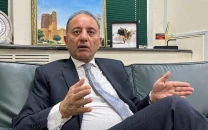
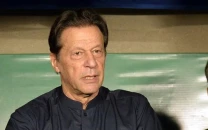
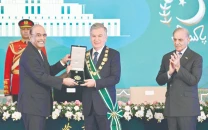
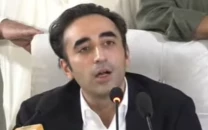














COMMENTS
Comments are moderated and generally will be posted if they are on-topic and not abusive.
For more information, please see our Comments FAQ